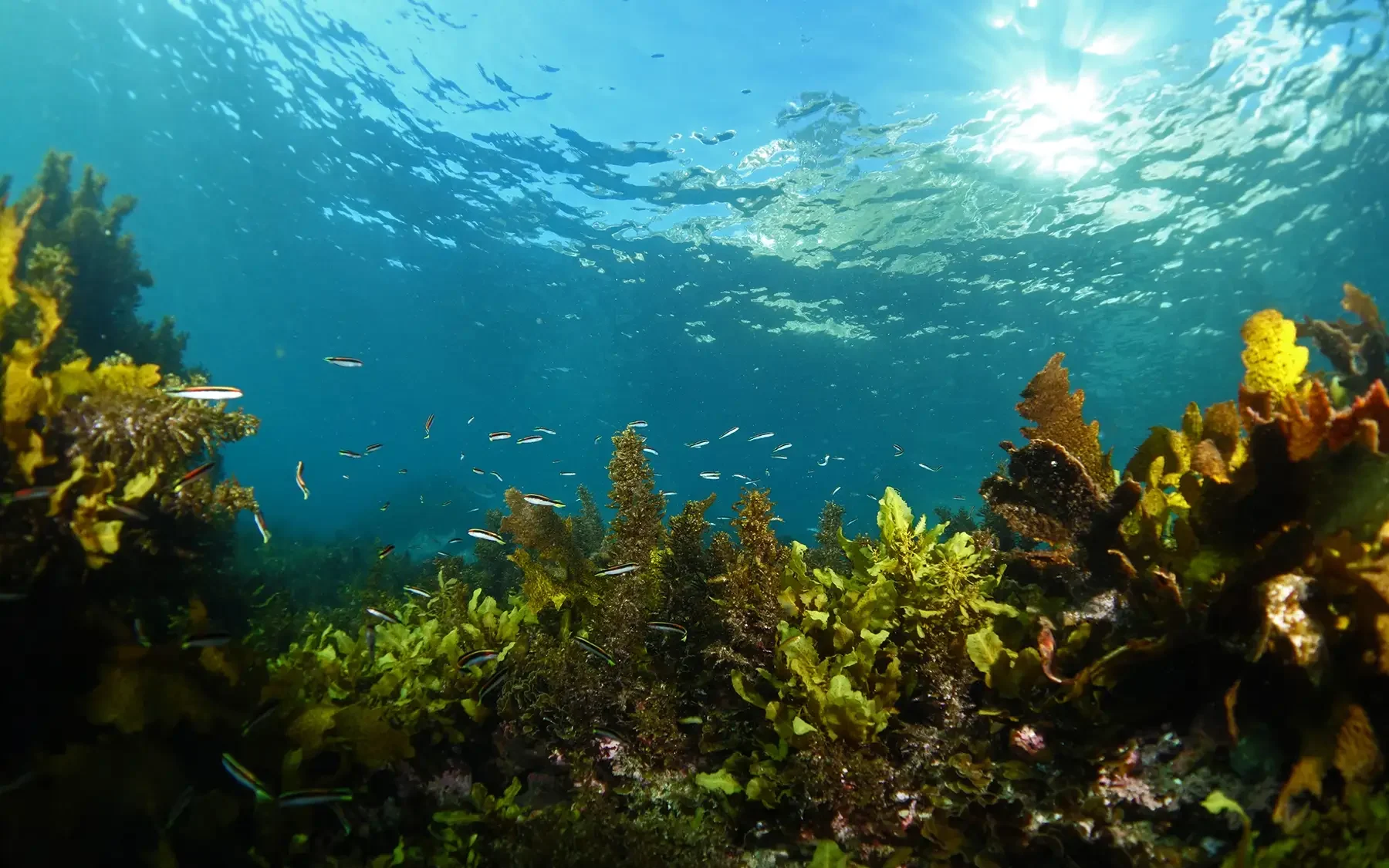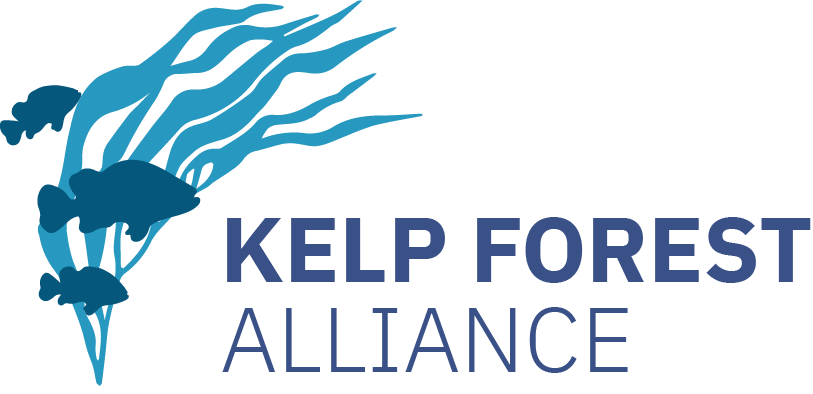10.1 Data Principles
We encourage all projects to follow the Findable, Accessible, Interoperable, and Reusable or FAIR data principles.
Findable
F1: Data and metadata should be assigned a unique and persistent identifier, such as a Digital Object Identifier or DOI.
F2: Metadata should be rich, descriptive, and registered or indexed in a searchable resource, such as a data repository or catalogue.
F3: The identifier should link to the metadata, allowing users to access information about the data even if the data itself is not available.
F4: Include metadata in the data, allowing it to be easily discovered and accessed by humans and machines.
Accessible
A1: Data and metadata should be retrievable using a standardized communications protocol that is open, free, and universally implementable.
A1.1: The protocol should allow for authentication and authorization where necessary, ensuring data security and access control.
A2: Metadata should always be accessible, even when the data is no longer available, to provide a record of the dataset’s existence and characteristics.
Interoperable
I1: Data should use a formal, accessible, shared, and broadly applicable language to facilitate data exchange and integration.
I2: Data should use vocabularies that follow FAIR principles, ensuring consistency and compatibility across different datasets.
I3: Data should include qualified references to other data and metadata, establishing relationships and connections between datasets.
Reusable
R1: Data and metadata should have clear and accessible data usage licenses, specifying any restrictions, conditions, or requirements for use.
R1.1: Metadata should provide accurate and relevant information about the data, such as provenance, context, and any applicable standards.
R1.2: Metadata should be associated with detailed, accurate, and explicit data quality information to enable users to assess the dataset’s suitability for their purposes.
R1.3: Data should be stored in a format that maximizes its potential for reuse, such as open, non-proprietary, and widely adopted formats.
The FAIR data principles provide a framework for managing, sharing, and preserving research data in a manner that promotes discoverability, accessibility, and reusability. By adhering to these principles, researchers and institutions can contribute to more efficient and collaborative research practices, ultimately enhancing the impact and value of their data.
10.2 Data Repositories
Wherever possible, we encourage users to share and upload their data to community-based data repositories so that it may help inform marine management. There are several data repositories available depending on the information that has been collected, the most common of which are for fish and invertebrate surveys.
Kelp Forest Alliance
Kelp Forest Alliance or KFA is a knowledge driven not-for-profit dedicated to protecting and restoring the world’s kelp forests. It hosts an interactive and accessible data platform for monitoring and tracking the outcomes of kelp restoration and conservation interventions. All the data outlined in this guidebook should be shareable with the Kelp Forest Alliance. Further, logging your data here allows you to connect with hundreds of other kelp restoration experts around the world.
The Kelp Forest Alliance database aligns with the standards in this guidebook.
Partnership for Interdisciplinary Studies of Coastal Oceans
The Partnership for Interdisciplinary Studies of Coastal Oceans or PISCO is a long-term research and monitoring program focused on understanding the coastal marine ecosystems along the West Coast of the USA, notably California and Oregon. You may contribute biodiversity data and some basic metadata to this program. PISCO has its own data collection standards; following the suggestions in this guidebook may not be enough to qualify your data for inclusion.
Reef Check
Reef Check California (RC) is a volunteer-based, citizen science program aimed at monitoring the health of rocky reef ecosystems from Baja California to British Columbia. The goal of RC is to provide accurate and timely information on the status of these ecosystems, engage local communities in the conservation process, and support the sustainable management of marine resources. You may contribute biodiversity data and some basic metadata to this program. Reef Check has its own data collection standards and following the suggestions in this guidebook may not qualify your data for inclusion.
Reef Life Survey
Reef Life Survey (RLS) program is a global, volunteer-based, citizen science initiative aimed at assessing and monitoring the biodiversity and abundance of marine life in shallow water ecosystems, such as coral reefs, rocky reefs, and temperate kelp forests. You may contribute biodiversity data and some basic metadata to this program. This guidebook uses the Reef Life Survey method for quantifying animal biodiversity at restoration sites and should thus be compatible for inclusion. However, users must be certified by existing RLS members before being able to add their data. The Reef Life Survey methods for biodiversity should match the methods described in this guidebook.
European Marine Observation and Data Network (EMODnet)
European Marine Observation and Data Network (EMODnet) is a comprehensive, collaborative initiative designed to gather, standardize, and disseminate marine data across Europe’s diverse marine environments, including the North-East Atlantic, the Mediterranean, the Black Sea, and the Baltic Sea. It operates by integrating data from over 160 organizations, encompassing a wide range of marine disciplines such as bathymetry, geology, biology, chemistry, and human activities. A key aspect of EMODnet’s function is its commitment to data standardization and quality. This involves the application of rigorous quality assurance and control processes to ensure data accuracy and consistency. All data are formatted into standardized, interoperable formats with comprehensive metadata, allowing for easy integration and use in a variety of applications. EMODnet adheres to international interoperability standards, ensuring that its data can seamlessly interact with other data systems. To contribute data to EMODnet, data providers must align with its standardized protocols and formats, ensuring that all data integrated into the network meet its high-quality standards. This rigorous approach to data standardization makes EMODnet a valuable and reliable resource for marine and coastal management, policymaking, scientific research, and public awareness initiatives across Europe. The guidelines in this document will not necessarily comply with EMODnet standards.
Global Biodiversity Information Facility (GBIF)
An international open data infrastructure, which provides access to data on all types of life on Earth, the Global Biodiversity Information Facility or GBIF aggregates biodiversity data from a wide array of sources, including museums, research institutions, and individual researchers, focusing on species occurrence records and environmental data. Central to GBIF’s operation is its commitment to data standardization, ensuring consistent and accurate data integration. This involves the use of Darwin Core, a standardized format for biodiversity data, rigorous quality checks, and comprehensive metadata provision. GBIF emphasizes interoperability and easy data accessibility, with a user-friendly portal for data search and download. Contributors to GBIF must adhere to its standardized protocols and formats, making it a crucial global resource for biodiversity data, supporting research, conservation, and policy-making efforts worldwide. The guidelines in this document will not necessarily comply with GBIF standards.






